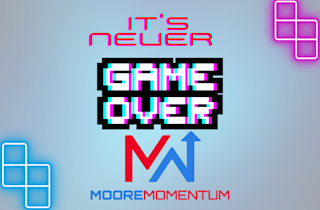
How Long Does It Take To Change A Habit?
Jun 6, 2023
By Will Moore
“We are what we repeatedly do. Excellence, therefore, is not an act, but a habit.” – Aristotle
How long does it take to change a habit? In a world where we can get instant answers, we long for a simple answer and an easy action plan for this question. However, the truth is there is no simple answer, and changing a habit takes hard work.
Don’t let that discourage you from changing a habit, though. Changing failure habits into success habits is valuable hard work that shapes our happiness. As Theodore Roosevelt said, “Nothing worth having comes easy.”
Before answering how long it takes to change a habit, I must look at what habits are and how they form. This is the key to habit transformation.
What is a Habit?
Have you ever moved things around in your kitchen but kept opening the original cabinet to get a glass, only to remember you moved the glasses? This is because your brain and body have already formed the habit of opening that one cabinet for glasses to conserve energy by taking the path of least resistance. It’s a habit, and it happens to all of us.
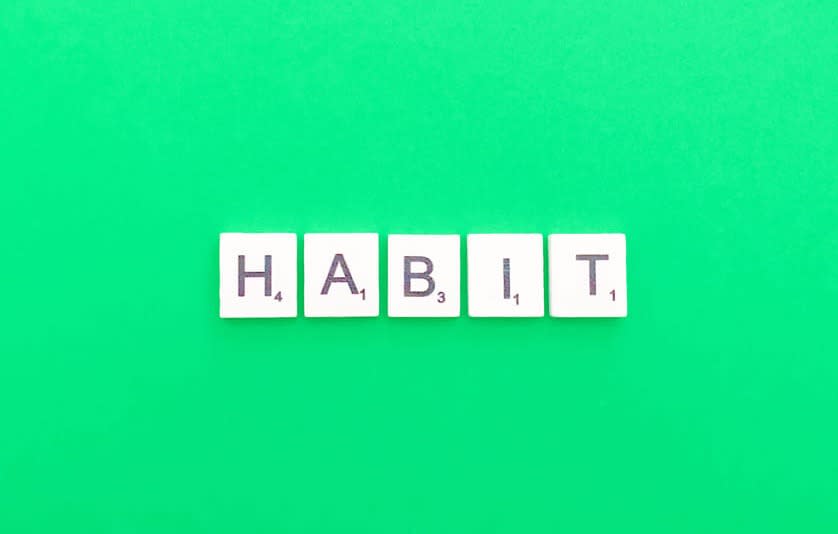
To get technical with the definition, the Merriam-Webster Dictionary defines a habit as the following: a behavior pattern acquired by frequent repetition or physiologic exposure that shows itself in regularity or increased facility of performance. Or another definition from the Cambridge Dictionary is something that you do often and regularly, sometimes without knowing that you are doing it.
Essentially, a habit is a behavior that has been repeated enough times to become automatic. Each time you do that behavior, the connections between neurons strengthen, and the routine impresses deeper on your brain. So as you repeat an action over and over, your brain literally changes.
Scientists debate exactly how many of our habits are on autopilot, but one thing is certain: habits play a huge role in our lives. They drive the majority of our thoughts, feelings and actions, especially when you factor in how much they also influence our subconscious decisions that follow.
This podcast is worth going through - Soft Skills Benefits
How Are Habits Formed?
Habits help us solve problems. We are naturally designed to look for the path of least resistance, and the automatic nature of habits helps us move through our day without having to make decisions all the time.
When we encounter a new situation, our brain has to make a decision (solve the problem). When we stumble on a solution, our brain is rewarded, and when that situation arises in the future, we remember that reward and will rinse and repeat. It’s a mental shortcut learned from experience, which saves us energy.
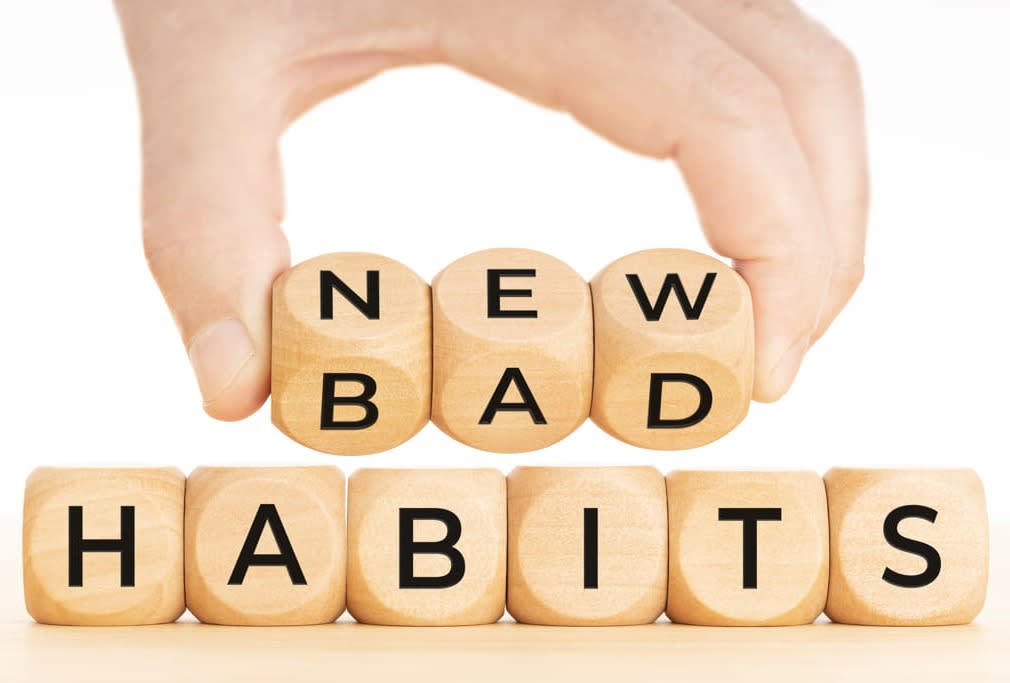
Let’s break down habit formation even more. Every habit involves four stages: a cue, craving, response, and reward. The cue triggers a craving which motivates a response, which provides a reward, which satisfies the craving, which then makes the cue associated with that craving. Modelling habit formation really helps.
When the same circumstances arise triggering the cue, the feedback loop will start all over again.
For example, let’s say you walk by the break room, which smells like coffee (cue), which makes you really want a cup (craving), so you pour yourself a cup (response), and that coffee tastes so good (reward).
Read More About How to Reinvent Yourself
The craving is about wanting the reward. The response is about obtaining the reward. We chase rewards because they satisfy us and teach us to satisfy our cravings.
This feedback loop does not distinguish good (success) or bad (failure) habits and can be applied to both. Which makes breaking bad or unhealthy habits hard but also gives us insight into how to change those habits into better habits.
How Long Does it Take to Build a Habit?
You’ve probably heard before that it takes a minimum of 21 days to form a habit. This number originated from Dr. Waltz, which he discussed in his best-selling book about behavior change called Psycho-Cybernetics. As a plastic surgeon, he noticed it took his patients about 21 days to get used to the changes in their bodies.
This prompted him to think about his habits, and he noticed it took him about 21 days to adopt a new habit. Now we see this concept preached all over the self-help space. While I don’t discount Dr. Waltz’s observation, the problem is that it’s just an observation, not a statement of fact. And he said that it took a minimum of 21 days, meaning it could take more than that.
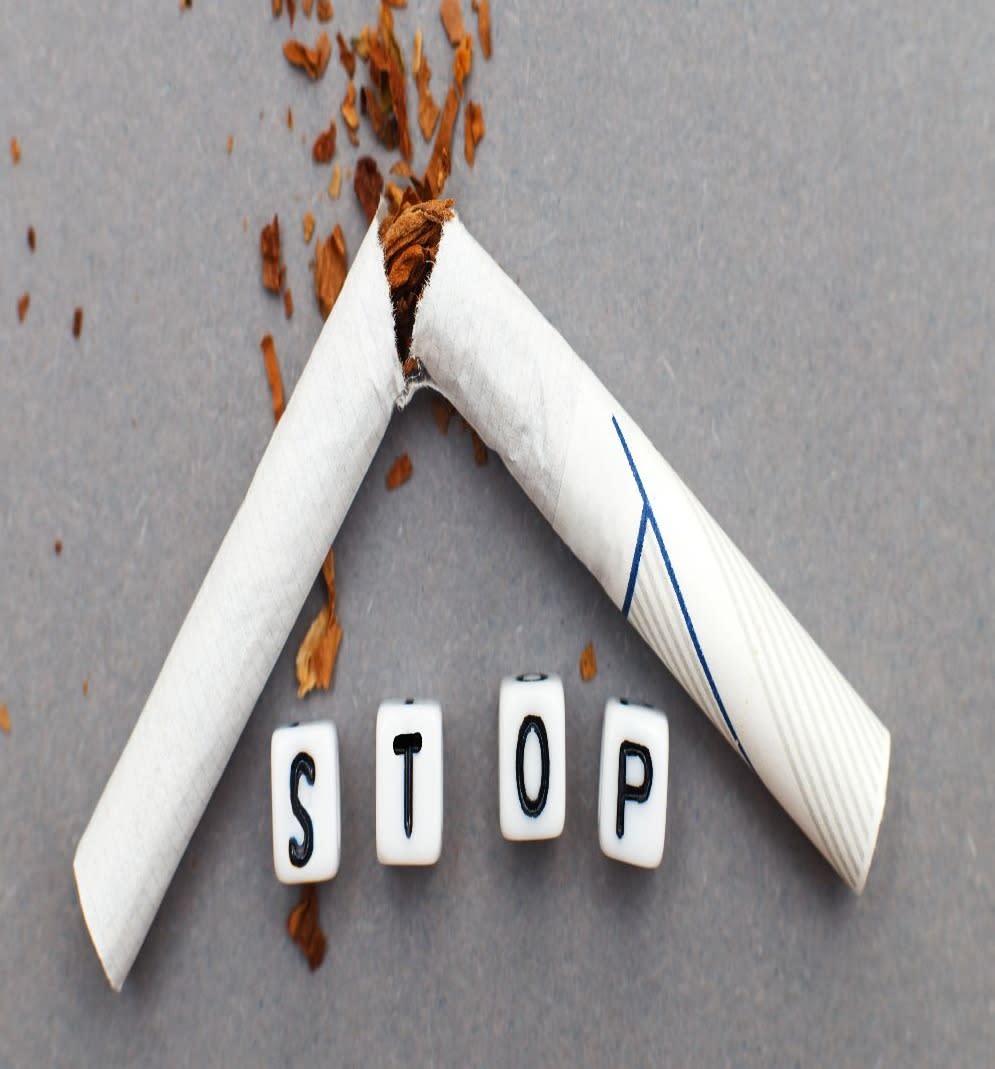
This leads to the true answer to the question, “how long does it take to build a habit?“.The truth is there’s no magic formula for how fast a habit is formed. A 2010 study found that some habits can be formed in a matter of days, while others can take months.
The time it takes for you to form a habit correlates directly to the complexity of the behavior and how important the behavior, outcome, and issue are to you.
At the end of the day, it’s not about how long it takes to build a habit but how many times you repeat the underlying action and how critical that action is to your life. Every time you take action, you’re activating a particular neural circuit associated with that habit, making it easier to do next time. Our habits tracker app or habit journal can help you keep track of your habits. So, you stick to your daily routine and develop success habits.
Why It Can Be Difficult To Break A Habit
It can be difficult to break bad habits for a number of reasons. First, habits are often ingrained in our daily routines. We may not even be aware of them until we try to change them. Second, habits can provide a sense of comfort or security.
They can become "crutches" that we rely on when we're feeling stressed or anxious. Finally, habits can be addictive. The more we do them, the more we crave them. This can make it hard to stick to a new, healthier habit. Making health habitual and leaving any unhealthy habit is important!
How to Break a Bad Habit
To break habits or move from a failure habit to a success habit, you’re going to have to do something different.
Sounds simple, right? In a way, it is. If you don’t like where you’re at, you will have to replace the failure habits that got you there with success habits that will get you where you want to be.
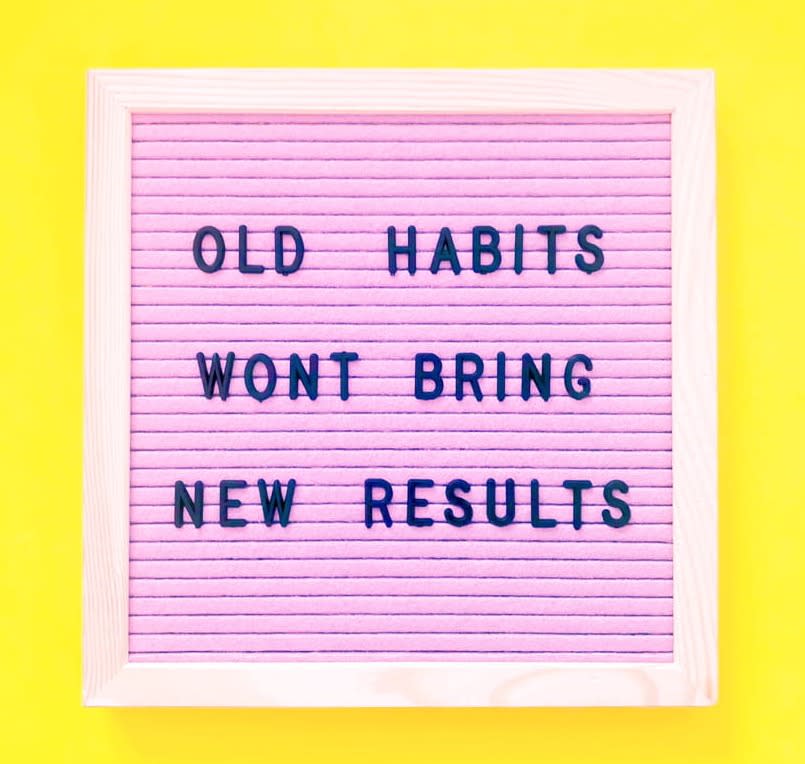
If only it were that easy. If it were simply about switching a habit, you wouldn’t be reading this right now.
Breaking bad habits is going to cost you. It will take hard work. But hard work doesn’t have to mean pain and suffering.
Thankfully, our brains get excited about challenges and problem-solving. That’s why we like video games. Breaking bad habits can be as fun and motivating as any game or challenge you enjoy (more on that in a bit).
But even when approaching a challenge the right way, there will be times when you’re frustrated or tired. So replacing old habits with new ones will require you to be uncomfortable in the short term. However, in the long term, change brings happiness.
How to Make Changing Habits Fun
Again, the good news is that habits don’t care if they’re good or bad, helping or hurting you - either way, they’ll compound over time to form who you are.
The key is to develop a system that makes it fun and addictive to replace your failure habits with success habits. To use that same science and tech currently being used to monetize your attention to instead make you want to take the actions that will momentify your happiness.

Fortunately, there is a way to trick your brain into wanting to do the hard work long enough for those actions to compound into their desired success habits, so they run on autopilot to build momentum every single day the same way it was being crushed by their failure habit counterparts.
The trick is gamification. Gamification is the process of making boring, undesirable, and/or difficult tasks easier to perform by incorporating game-like elements like rewards, competition, and social connectivity. It’s a way to trick our brains into wanting to take the actions that will allow us to level up through life by giving us those shots of dopamine we’ve grown accustomed to.
My unique system, Moore Momentum System, uses gamification to make it fun and addictive to want to take the actions that are good for you. This helps to reduce the friction to replace your failure with success habits in the 5 Core Areas Of Your Life that ultimately determine how happy you’ll be.
How to Gamify Your Life & Change Habits
Here's how you can gamify the habit-forming process:
1. Awareness
The first step to gamifying your life is to become aware of the failure habits that have sprung from this broken system to determine what success habits you’ll want to replace them with.
2. Develop Systems
The next step is to develop a system that you can stick with. Using game-like elements such as points, rewards, competition, and social connectivity makes you want to take those actions you struggle so much with. It reduces the friction of forming success habits by making it fun and addictive to level up one small step at a time.
3. Master the Game of Life
Mastering these success habits won’t be easy, but the good news is that replacing your habits in all Five Cores is hard until it isn’t. Habits don’t care if they’re good or bad, so once you get over the initial front-loaded hump, your success habits will work on autopilot, building momentum the same way those failure habits kept you grounded.
In Conclusion: How Long Does it Really Take to Change a Habit?
So, what’s the answer? How long will you have to push through the challenges of letting go of a failure habit and choosing a success habit? When will it just “click”? The truth is, there is no one answer. How long it takes to change a habit is determined by so many factors. It could take days, weeks, or months.
At the core, the focus shouldn’t be on how long it takes but instead on how committed you are to living the life you want.
No matter the habit, making the change will be uncomfortable, and you will be tempted to fall back into your old patterns. Instead of focusing on how hard it will be, focus on your ultimate goal and make the process work for you!
Identify the habit that isn’t working for you, create a plan, and intentionally choose the success habit over the failure habit repeatedly until it’s second nature. It takes an average time of 66 days to form a habit that sticks according to the researchers from University College London.
And for the fun part, stay tuned for my new app coming out soon, the Gamify Your Life App! This app uses science to help make habit change fun, using all gamification elements. It’s my mission to help you redesign your world so it becomes fun and engaging in replacing your habits.
To create a world where what you have to do becomes what you want to do.
You can change your life, one decision at a time!
